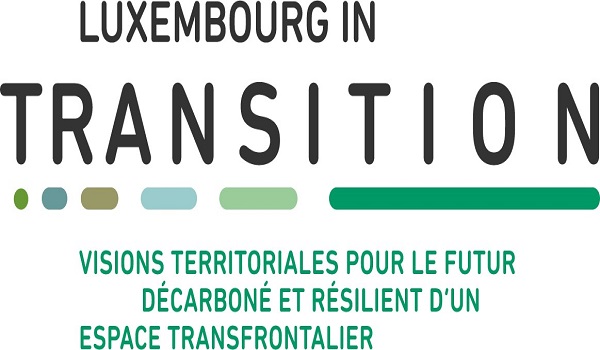
Luxembourg's Department of Spatial Planning has launched an urban-architectural and landscape consultation which aims to bring together strategic spatial planning proposals for the Grand Duchy and its cross-border area, which address the challenge of climate change and promote biodiversity; ten teams have been selected to begin the 18-month process.
Faced with the many climatic and societal challenges facing Luxembourg, the Ministry for Spatial Planning has decided to develop ecological transition scenarios by 2050 for the country and its cross-border metropolitan area. In June, it launched an international call for applications, the objective of which was to bring together multidisciplinary teams from various backgrounds for a new transitional and resilient approach to the territory.
30 teams responded to the call and, following an evaluation process, ten were selected to begin the first phase of the process. They include professionals, universities, technical colleges and research organisations with expertise in the fields of land use planning, town planning, landscape and architecture, supported by environmental disciplines as well as the humanities and social sciences.
For Luxembourg's Minister for Spatial Planning, Claude Turmes, this consultation is an opportunity to "define a territorial vision that contributes to the reduction of our ecological footprint and to design a new regional planning strategy and concrete instruments / concepts promoting the ecological transition project and taking fully consider the COVID-19 challenges facing us. This is an emblematic consultation that takes up the challenge of designing for our cross-border territory and the children of today, the adults of tomorrow, a visionary imagination that will become reality by 2050". As such, "Luxembourg in Transition" is a laboratory, a pilot case whose success could have a leverage effect with much greater effectiveness.
The process will be supervised by an interministerial committee bringing together the Ministries for Spatial Planning, the Economy, the Environment, Climate and Sustainable Development, Housing and Mobility and of Public Works as well as the General Directorate for Small and Medium-Sized Enterprises. It will be accompanied by a scientific committee composed of internationally renowned personalities and an advisory committee representing the driving forces of the country, extended to political partners from the Greater Region. A citizen's committee of 30 people representing residents of Luxembourg and its cross-border region will bring its own vision to the process.
This innovative approach was inspired by major consultations such as that of Greater Geneva, which has just ended.
The consultation benefits from The Eco-Century Project® certification from the Fondation Braillard Architectes in Geneva.
The expected results of the consultation have a dual vocation, in the medium and long term: to guide public policies in terms of land use planning by 2050 and to initiate pilot projects intended to function as demonstrators of the capacity of Luxembourgish society to truly embark on the path of ecological transition.








